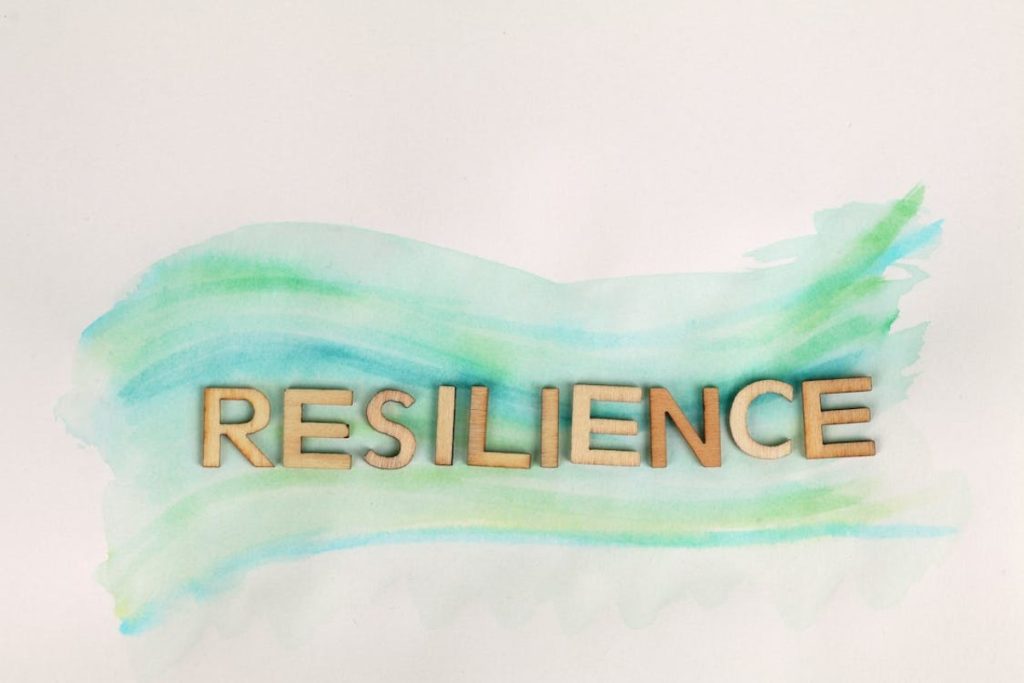RESILIENCE AND HOW TO TRAIN IT
Resilience describes the ability to cope with crises without suffering psychological damage. So you can focus better on 22Bet login.
Surely you know these people: stand-up guys who don’t let anything get them down. If a disaster happens to them, they pick themselves up again shortly afterwards – and even during the Corona crisis they manage to stay calm. According to psychologists, such people have resilience.
Resilience is the immune system of our soul. The term resilience originates from materials science: flexible materials that return to their original shape after external impact are referred to as resilient.
Applied to people, however, the term means even more. Those who survive the adversities of life or particularly stressful times, such as dismissals, separations, time pressure at work or arguments in the family, are not only resilient; resilient people can even grow from crises.
Table of Contents
WHAT IS IT?
Resilient people have certain characteristics that make up their psychological resilience. Research has grouped these into six resilience factors:
- Acceptance: Resilient people can accept what has happened to them and see problems and crises as a part of life.
- Optimism: “Everything will turn out all right” – this or something similar is an optimistic thought of a resilient person. Thinking positively makes people confident and resilient.
- Self-efficacy: Belief in one’s own abilities and competencies is an important cornerstone of psychological resilience. Resilient people are confident that they can manage and solve crises and problems on their own.
- Personal responsibility: Resilient people are willing to take responsibility for their lives instead of seeing themselves as victims of circumstances. They strive to solve any problems on their own responsibility, even if they did not cause them.
- Network orientation: Friendships give strength in crises. Resilient people build social relationships and openly accept support and help in difficult times.
- Solution orientation: In every crisis, ways usually reveal themselves that help us emerge stronger and learn something from them. Resilient people are oriented towards solutions and try to implement them.
The foundations for resilience are laid in early childhood and explain why certain people are more resilient than others. It is still possible to actively work on your resilience as an adult.
HOW TO TRAIN IT
Resilience is like a muscle that can be trained. Based on the six resilience factors, we give you three practical tips to strengthen your resilience.
1 Accept that life is changing and deal with crises with confidence.
Accept that life is ups and downs. Mindfulness is a way to build acceptance. If you are mindful, you can get through crises without sinking into a vortex of negative thoughts and feelings. In addition, an accepting attitude promotes a life-affirming and confident attitude and thus your optimism.
To strengthen your resilience, you can start meditating regularly.
2 Believe in your abilities and make decisions
Especially in hard times you should be aware of your strengths. They will help you stay confident. Think about how you have handled crises in the past. Do you tend to see yourself in a negative light? Do you easily forget what you’ve already accomplished?
Start writing a success diary.
Every evening, write down what you did well that day. If you are in danger of forgetting your own skills, you can read in this diary what you have already achieved. In times of crisis, reflect on your abilities. Then you can consciously decide what you can do to solve problems. In this way you take responsibility for your life and train your resilience.
3 Look for ways to solve your problems and accept help.
Resilience also means not giving up so easily. Think about how other people would react in such a situation. Take your time and try to find as many solutions to your problem as possible. Write them all down.
Choose one solution and then decide to implement it.
In addition, don’t be afraid to ask friends for help in difficult times. Maybe one of them has been in a similar situation. Confide in your partner or family and accept help when it is offered. In very serious cases of self-doubt or impostor syndrome, professional help may be the solution for you.
You do not have to solve every problem alone.
